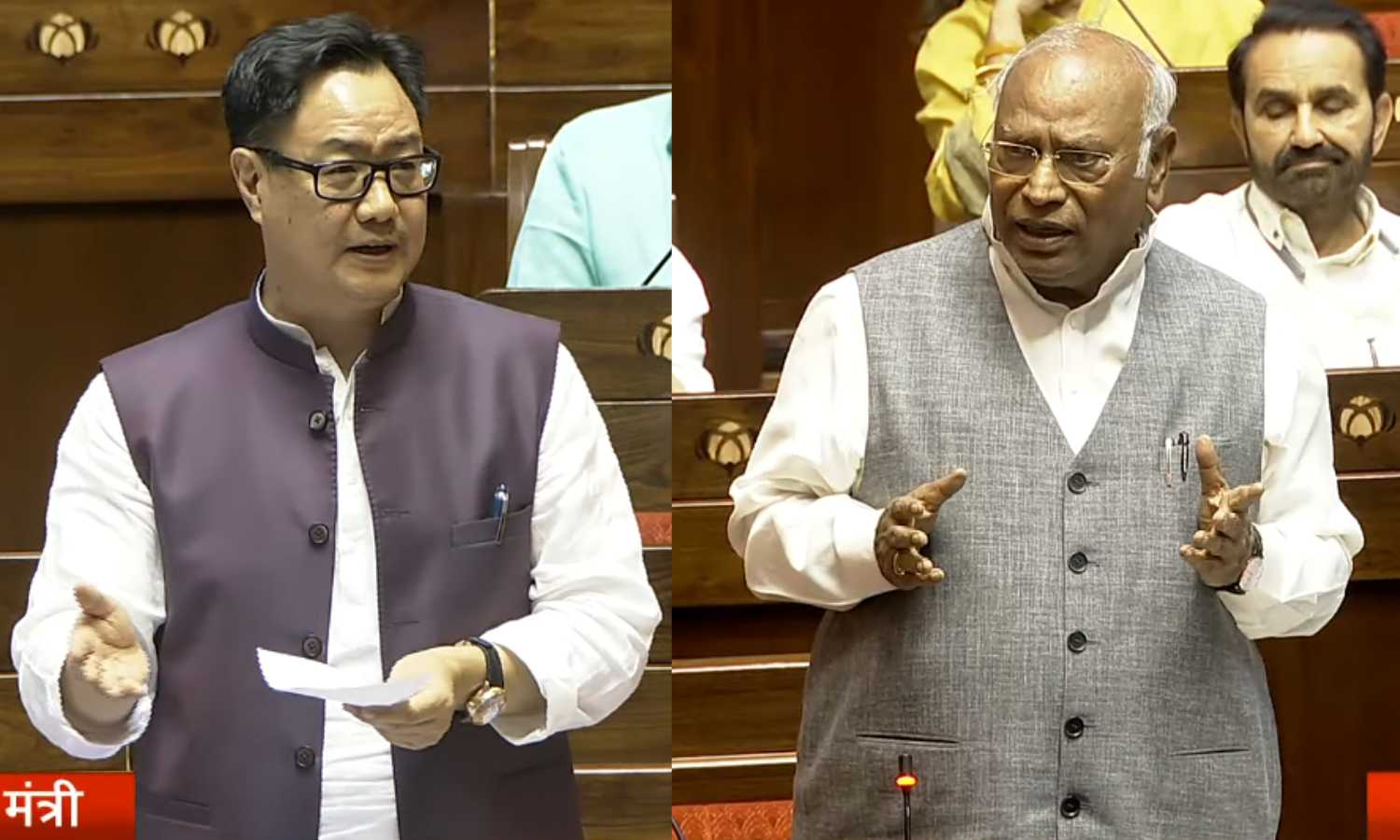DELHI: The Wakf Amendment Bill was passed in the Rajya Sabha late Thursday night following a marathon debate that lasted over 12 hours. The bill secured 128 votes in favour and 95 against.
This follows its earlier passage in the Lok Sabha on Wednesday after a similar 12-hour discussion. The Wakf Amendment Bill will now be sent to the President for assent, after which it will become law.
During the Rajya Sabha debate, the Biju Janata Dal (BJD) did not issue a whip to its MPs, stating that they should vote according to their conscience on the Wakf Bill.
BJP MP Sudhanshu Trivedi, speaking during the debate, referred to a past instance where the Wakf Board had laid claim to the Taj Mahal. He noted that the Supreme Court had then reprimanded the board.
Minority Affairs Minister Kiren Rijiju stated that the Wakf Amendment Bill was drafted following extensive discussions and had been sent to the Joint Parliamentary Committee (JPC). After the JPC’s review, the bill was passed in the Lok Sabha late Wednesday. He emphasised that the amended bill focuses on transparency, accountability, and accuracy.
Rijiju also pointed out that several changes had been made between the original and current drafts of the Wakf Amendment Bill, based on suggestions received. While not all suggestions could be incorporated, the majority had been accepted, he said. “This is the nature of democracy—governments are formed by majorities,” he added.
Congress President Mallikarjun Kharge criticised the government’s intentions, stating that it was unclear who would receive Wakf land under the amended law. He speculated whether the land would be handed over to corporate entities like Ambani or Adani. He urged the Home Minister to withdraw the bill and not make it a matter of prestige, arguing that the legislation was detrimental to Muslims and violated the Constitution.

Kharge also addressed allegations made by Anurag Thakur, who had claimed that Kharge’s family owned Wakf land. Kharge denied the claim, stating that he did not own even an inch of Wakf land, and demanded that Thakur either provide proof or resign.
He further argued that the Wakf Amendment Bill had not been accepted by the opposition, indicating that it contained serious flaws. “The rule of might is not always right,” he said. “This is a matter of charitable donations, which can be made by people of any faith. Instead of recognising this, the government is attempting to strip minorities of their rights.”
Supporting the bill, BJP leader JP Nadda said he hoped the House would endorse the legislation. Referring to the bill’s title—Umeed (Unified Wakf Management Empowerment, Efficiency and Development)—he said its promise now rested on hope. He noted that the JPC formed in 2013 had 13 members, while the one under the Modi government had 31, indicating broader representation. “Democracy does not mean we must only agree with you. It thrives on reasoned debate,” he said.
Opposing the bill, Shiv Sena (UBT) MP Sanjay Raut questioned the government’s newfound concern for Muslims. He pointed out that the same government often accused Muslims of land-grabbing and theft. He criticised the government for not restoring the land of 40,000 displaced Kashmiri Pandits while alleging that China had encroached upon Indian territory. “The government should be worried about that land instead,” he said.

